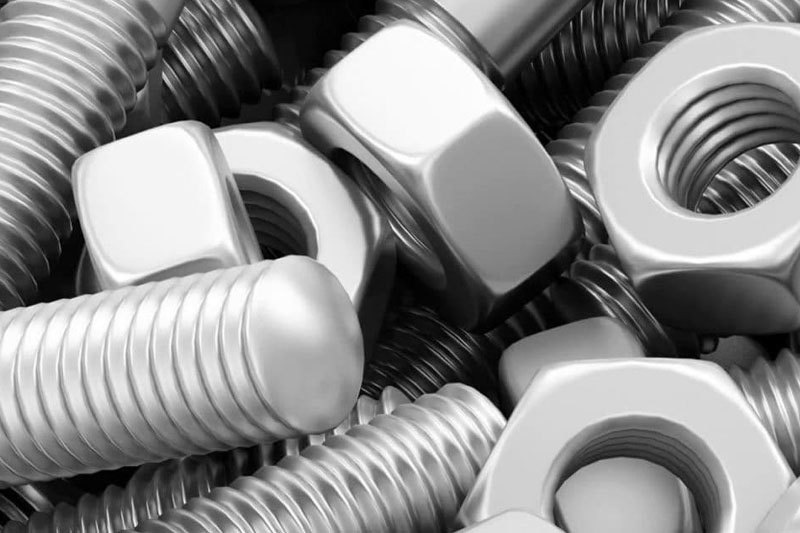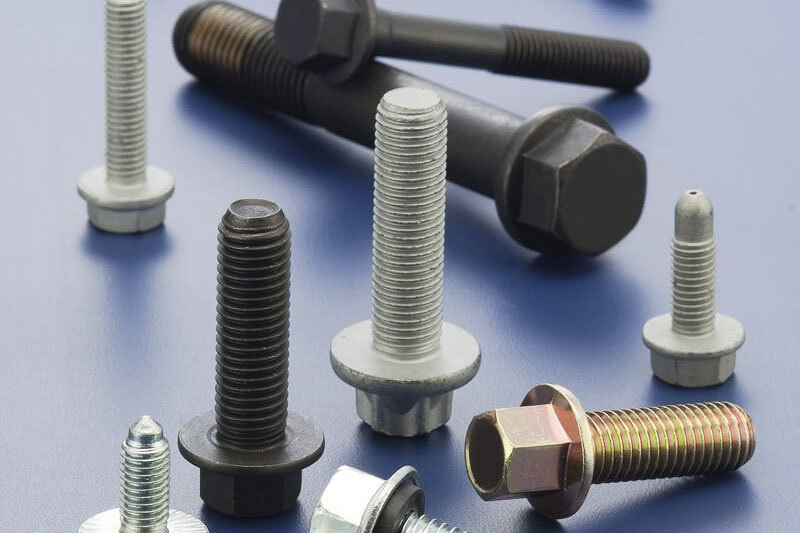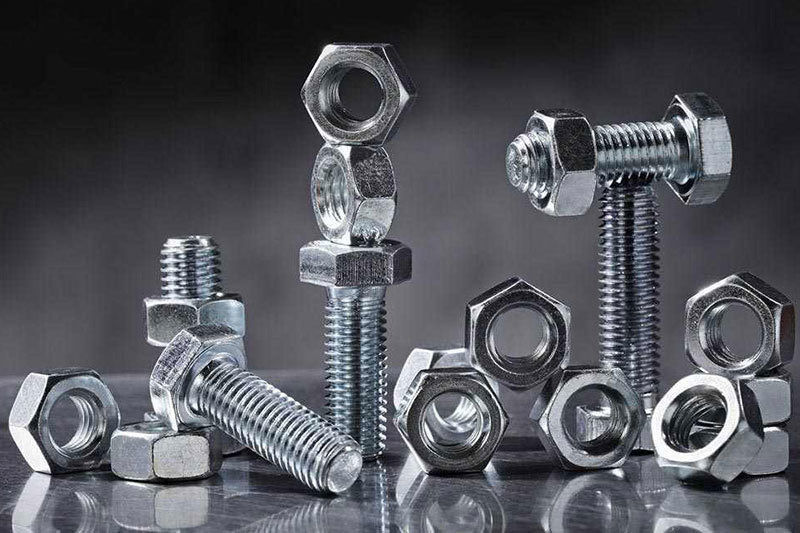Shining Bright: The Art and Application of Metal Finishing
The Magic of Metal Finishing
Ever heard of the phrase, "All that glitters is not gold?" Well, in the realm of metal finishing, that’s not quite true! Metal finishing is the secret sauce that gives metals their luster, durability, and resistance to corrosion. From manufacturing industries to everyday household items, this process plays a pivotal role in enhancing the aesthetic and functional attributes of metal products.
What is Metal Finishing?
In simple terms, metal finishing refers to a variety of processes used to improve the surface characteristics of metals. Think polishing, plating, coating, and anodizing. These techniques can drastically change not only how a metal looks but also its performance in different environments.
Why Bother with Metal Finishing?
Oh, the benefits are manifold! Without metal finishing, we’d be living in a dull, rust-prone world. Here’s a peek at some of the major perks:
- Aesthetic Appeal: Who doesn’t enjoy a shiny, sleek finish? Whether it’s a luxury car or a kitchen appliance, a polished look can make all the difference.
- Durability: Metal finishing processes can enhance a product's resistance to corrosion, wear, and tear. This means longer-lasting items—yay!
- Improved Performance: Some finishes can reduce friction or enhance conductivity, making them ideal for specific applications.
Applications Galore!
Now, let’s dive into the nitty-gritty! Metal finishing finds applications in various industries. Here are some standout examples:
1. Automotive Industry
Ever noticed how shiny your car looks after a wash? Well, that’s the magic of metal finishing at play! From chrome bumpers to aluminum wheels, these finishes not only enhance aesthetics but also protect against rust, ultimately keeping your ride looking spiffy.
2. Aerospace
The aerospace sector demands top-notch performance. Metal finishing processes like anodizing are crucial here, as they improve the corrosion resistance of aircraft components, ensuring safety and longevity.
3. Electronics
In the world of gadgets, metal finishing helps in enhancing conductivity and providing a protective layer against environmental damage. Think about your phone casing or laptop body—smooth, sleek, and oh-so-functional!
4. Manufacturing
Tools and machinery undergo metal finishing to enhance their lifespan and performance. A well-finished tool will not only work better but will also require less maintenance over time.
Challenges in Metal Finishing
Of course, it isn’t all sunshine and rainbows! The metal finishing industry faces challenges like:
- Environmental Concerns: Many finishing processes involve chemicals that can be harmful to the environment. Thankfully, there’s a growing trend toward eco-friendly alternatives.
- Quality Control: Ensuring consistent quality across batches can be tricky. Variations in processes may lead to undesirable outcomes.
The Future of Metal Finishing
As we peer into the crystal ball, the future of metal finishing looks bright! With advancements in technology, we can expect more sustainable practices and innovative finishes that cater to the ever-evolving needs of various industries.
So, there you have it—the fascinating world of metal finishing. Whether you’re an industry insider or just a curious soul, understanding the applications and benefits of metal finishing can help you appreciate the shiny wonders that surround us!
TAG:
Previous
Previous:
Related Posts
Application of fasteners in the automotive industry
What is the difference between a hex nut and a Nyloc nut
Is there a reason why the flange bolts are mounted with the bolt heads in one direction
Materials and Manufacturing Processes of Automobile Fasteners











